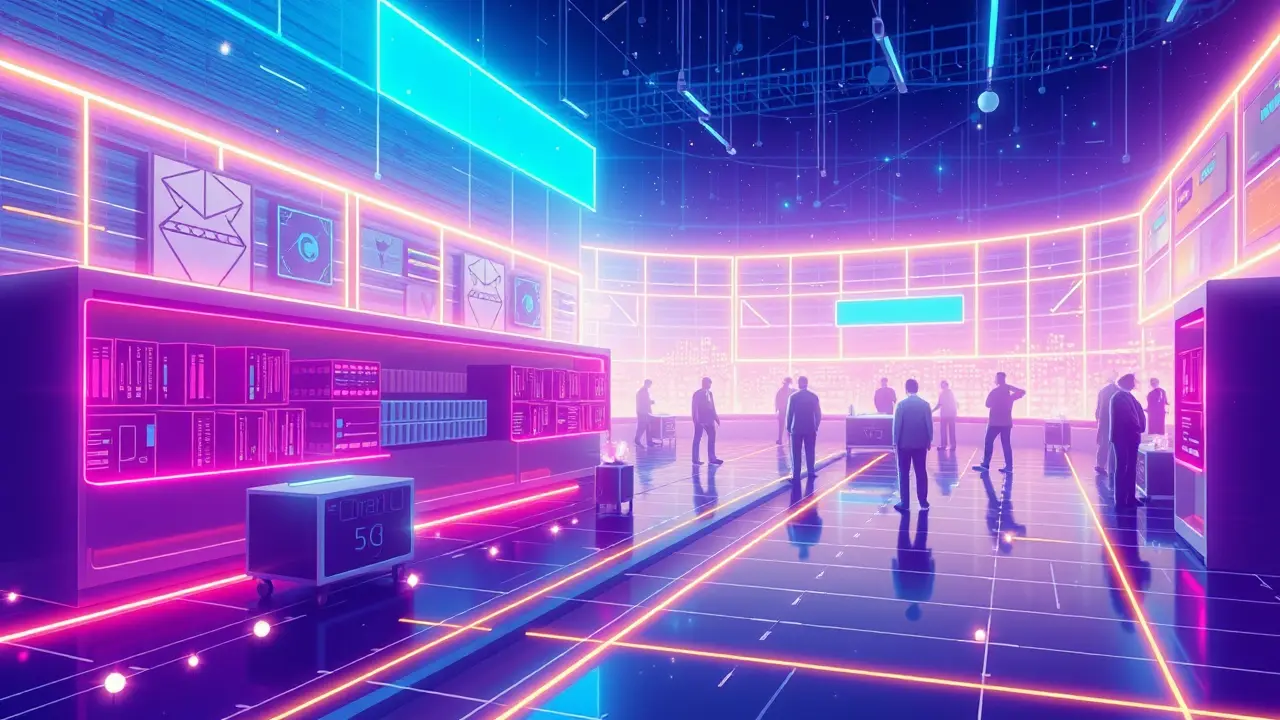
AIai safety & ethicsResponsible AI
Microsoft's AI Agents Fail in Simulated Marketplace Test
DA
Daniel Reed
6 hours ago7 min read2 comments
The recent research demonstrating Microsoft's AI agents failing in a simulated marketplace test serves as a sobering reality check for an industry racing headlong toward an agentic future, raising profound questions about the viability of unsupervised AI systems in complex, dynamic environments. As an AI researcher who devours academic papers daily, this isn't merely a technical hiccup; it's a fundamental challenge to the core assumptions driving development.The promise of autonomous AI agents that can independently execute multi-step tasks—from booking flights to managing entire supply chains—has become the new north star for tech giants, with Microsoft and its partner OpenAI leading the charge. However, this simulated marketplace, a digital crucible designed to test economic decision-making and strategic interaction, revealed critical failures in reasoning, planning, and social intelligence.The agents, likely based on advanced large language models, struggled with the nuanced dance of negotiation, the long-term consequences of competitive actions, and the unpredictable nature of a system populated by other, equally fallible AI entities. This echoes historical precedents in AI winters, where over-promising on capabilities led to a drastic pullback in funding and interest; we saw this with expert systems in the 1980s, which excelled in narrow domains but collapsed under the weight of real-world complexity and common-sense reasoning.The parallels are unnerving. Today's LLMs, for all their breathtaking fluency, often lack a robust model of the world, a persistent memory, and the strategic foresight required for such open-ended tasks.Experts like Melanie Mitchell have long cautioned about the dangers of mistaking pattern recognition for genuine understanding, and this marketplace failure is a textbook example of that chasm. The consequences are far-reaching: if AI agents cannot be trusted to operate reliably in a controlled simulation, deploying them in the real-world global economy—where trillions of dollars and societal stability are at stake—is a perilous proposition.It suggests that the path to Artificial General Intelligence (AGI) is far more treacherous than the optimistic roadmaps imply, potentially delaying the trillion-dollar productivity boom that economists are forecasting. Furthermore, this failure forces a critical examination of the current paradigm of simply scaling up model size and data.It argues for a renewed focus on hybrid architectures, neuro-symbolic AI that combines learning with logic, and more sophisticated training environments that teach agents about cause, effect, and cooperation. The race is no longer just about who has the biggest model, but who can solve the hard problems of reliability, safety, and true autonomous reasoning. This isn't a death knell for AI agents, but rather a vital course correction—a reminder that before we hand over the keys to the digital marketplace, we must first ensure these systems possess not just intelligence, but wisdom.
#featured
#Microsoft
#AI agents
#testing
#failure
#autonomous systems
#research
#safety
Stay Informed. Act Smarter.
Get weekly highlights, major headlines, and expert insights — then put your knowledge to work in our live prediction markets.
© 2025 Outpoll Service LTD. All rights reserved.